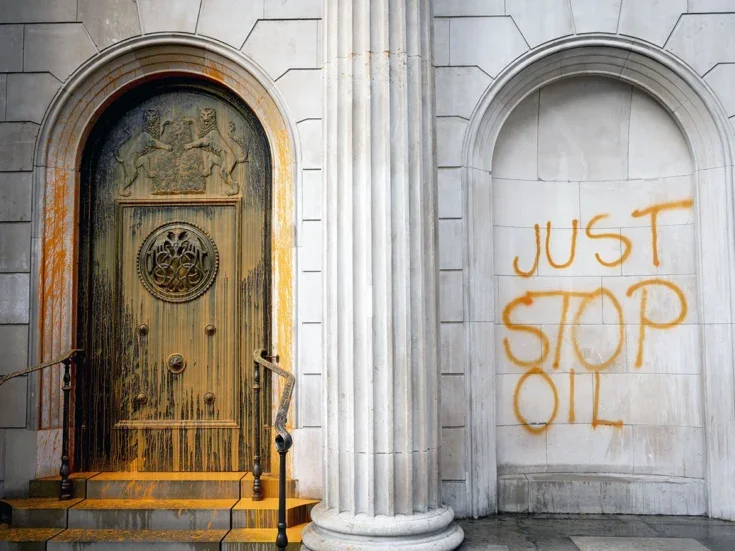There is a lot to recommend this sort of culture in politics the consensual, popular one, rather than the tyrannical, myopic one
Literary friendships are notoriously fallible, fractious and fragile. Julian Barnes and Martin Amis’s ended in acrimony when Amis dumped his agent, Pat Kavanagh — Barnes’s wife. The Bloomsbury Group — Woolf, Bell, Strachey, Carrington, Forster, Keynes — fell in and out of amity (and bed) with regularity.
And as we learn in Michael Scammell’s biography of Arthur Koestler, which has won Biography of the Year at the Spear’s Book Awards 2010, Koestler, Camus, Sartre and de Beauvoir dealt each other political and physical black eyes when they weren’t out at Parisian clubs drinking absinthe.
The Spear’s Book Awards judging sessions were occasionally this stormy, as passion and intellect clashed and electricity crackled along the lines of communication. But thanks to our firm belief that decisions should be reached by consensus, each of our panels seemed content at the end of their session, with the winner picked by unanimous agreement, and no friendships were cleaved. This is not to say it was not tough — but it was the force of reasoned argument, a dialectic on literature, which won through.
There is a lot to recommend this sort of culture in politics — the consensual, popular one, rather than the tyrannical, myopic one. Look at the coalition government, for one: its very nature is based on an agreement thrashed out over a weekend. Sure, this is a reflection of the relative weakness of the Conservative party, as seen in the Lib Dems’ dalliance with Labour over that post-election weekend, when we saw unheard-of horse-trading. What this did do was create a government which, if tenuously held together, at least had a programme whose sharper corners had been blunted.
The same is true for business. John Lewis is the most prominent example of a co-operative business, where decisions are taken by partners, each with a vote, and where profits are shared out as a proportion of salary, so the chairman receives no more — percentage-wise — than the Saturday boy. Not coincidentally, John Lewis survived the recession not just unscathed but burnished. The network which runs throughout its business is tautened in times of crisis, rather than unbound, because people think of the company (and selfishly but sensibly their share of the company), rather than just of themselves.
But is this just the world seen from behind brown-tinted Oliver Peoples (it is summer, after all)? There is a place in business — if not in politics, or friendship, or the home — for the strong leader. Entrepreneurs, after all, have to be single-minded in pushing their idea, maintaining their vision and driving their company from a bedroom venture to a boardroom success.
Serial entrepreneurs are no doubt worse than most, since they know what it takes to build a business. Conflict is not always to be discouraged — it helps to thin out a field of ideas and refine the better ones.
We must reach a compromise: the tyrant who terrifies his staff and stifles creativity will fall (or his company will), but the one who leads with genius and inspiration — and, yes, his staff behind him in consent — can only succeed.






